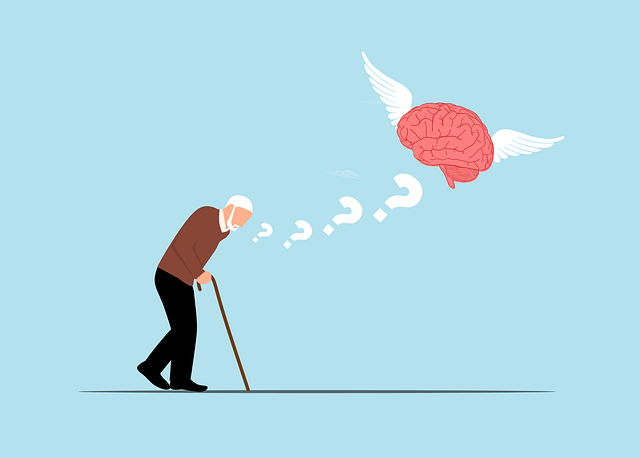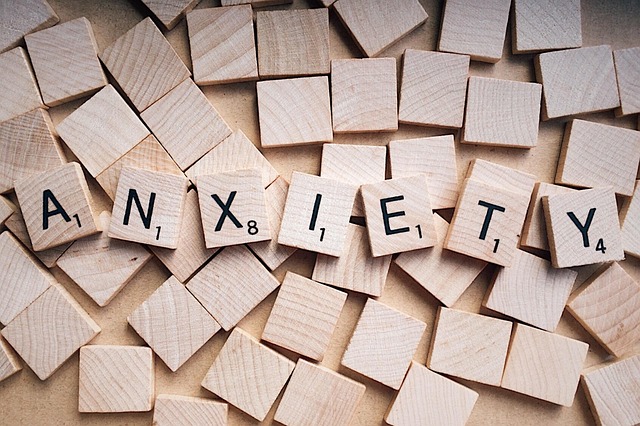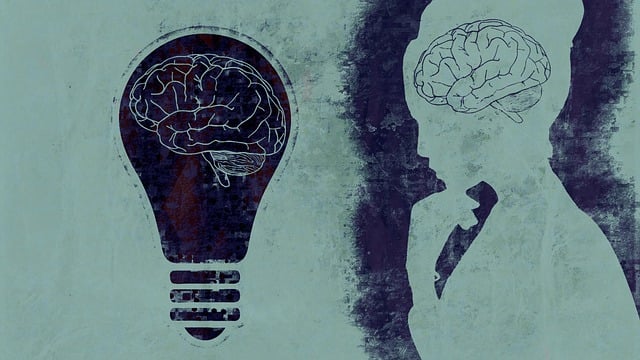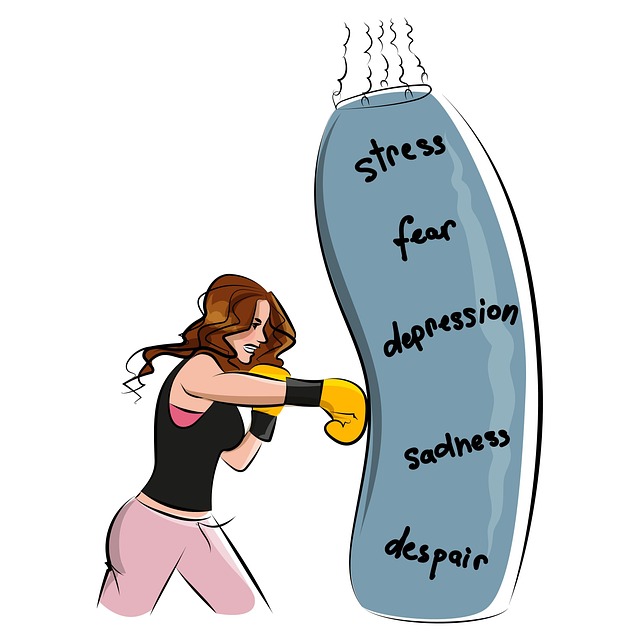Northglenn Learning Disability Therapy specializes in equipping individuals with learning disabilities or social communication difficulties with essential coping skills for life's challenges. They offer personalized, holistic therapy sessions focusing on problem-solving, relaxation techniques, and adaptive behaviors to manage stress, emotions, and obstacles. By combining tailored approaches with structured learning from organizations like Stress Management Workshops, clients gain confidence, resilience, and practical strategies for long-term emotional well-being and mental health stability.
Coping skills development is an essential aspect of mental well-being, especially for individuals with learning disabilities. At Northglenn Learning Disability Therapy, we focus on understanding and cultivating effective coping mechanisms tailored to each person’s unique needs. This comprehensive guide explores strategies from identifying individual strengths to the transformative role of therapy in enhancing personal growth. Discover practical applications that empower individuals to navigate challenges and thrive.
- Understanding Coping Skills and Their Significance
- Identifying Individual Needs and Strengths at Northglenn Learning Disability Therapy
- Strategies for Building Effective Coping Mechanisms
- The Role of Therapy in Enhancing Coping Skills Development
- Practical Application and Long-term Benefits for Personal Growth
Understanding Coping Skills and Their Significance

Coping skills are essential strategies that individuals use to navigate life’s challenges and maintain well-being. These skills play a pivotal role in helping people manage stress, regulate emotions, and overcome obstacles. At Northglenn Learning Disability Therapy, we recognize that developing robust coping mechanisms is particularly crucial for individuals with learning disabilities or social communication challenges.
Effective coping can significantly improve one’s ability to cope with anxiety, depression, and other mental health issues. It involves a range of techniques, such as problem-solving, relaxation practices, and adaptive behaviors, which enable individuals to face difficult situations head-on. By teaching these skills, Northglenn Learning Disability Therapy aims to empower clients to enhance their mood management, foster better social interactions through enhanced communication strategies, and ultimately improve their overall quality of life.
Identifying Individual Needs and Strengths at Northglenn Learning Disability Therapy

At Northglenn Learning Disability Therapy, identifying individual needs and strengths is a cornerstone of our coping skills development program. Our experts meticulously assess each client to understand their unique challenges and abilities, ensuring personalized care that addresses specific learning disabilities and emotional needs. By recognizing and leveraging personal strengths, we empower individuals to navigate life’s hurdles with increased confidence and resilience.
Through tailored therapy sessions, Northglenn Learning Disability Therapy introduces effective conflict resolution techniques and emotional healing processes. Our therapists guide clients in managing stress, anxiety, and other mental health concerns while fostering self-awareness and coping mechanisms that promote long-term well-being. Furthermore, we emphasize the importance of risk assessment for mental health professionals, ensuring a safe and supportive environment where clients can explore their emotions and develop practical strategies to enhance their daily lives.
Strategies for Building Effective Coping Mechanisms

Developing effective coping mechanisms is a crucial aspect of mental well-being, and Northglenn Learning Disability Therapy offers valuable insights for individuals seeking to enhance their resilience. One key strategy involves identifying personal coping preferences—what works best for one person may differ from another. This can include engaging in physical activities like exercise or yoga, practicing mindfulness through meditation or deep breathing exercises, or exploring creative outlets such as art therapy. Tailoring these techniques to individual needs ensures a more meaningful and impactful coping strategy.
Additionally, Northglenn Learning Disability Therapy recommends structured programs like Stress Management Workshops Organization for individuals to learn and practice healthy coping skills. These workshops often include risk assessment for mental health professionals, enabling them to guide participants in managing stress effectively while addressing potential risks. By combining personalized approaches with structured learning, individuals can develop a robust toolkit for coping with life’s challenges.
The Role of Therapy in Enhancing Coping Skills Development

Therapy plays a pivotal role in enhancing coping skills development, particularly for individuals navigating learning disabilities or mental health challenges. Northglenn Learning Disability Therapy, for instance, offers tailored strategies that address specific needs and barriers. Through a comprehensive risk assessment for mental health professionals, therapists can identify areas of vulnerability and design personalized interventions. Empathy building strategies are integral to this process, fostering understanding and connection between therapist and client, which is crucial for effective coping.
Mental health awareness and education are also key components, empowering clients to recognize triggers and manage stress effectively. By integrating these aspects into therapy, individuals gain valuable tools to cope with daily demands, improve emotional well-being, and enhance overall resilience. This supportive environment encourages active participation in one’s mental health journey, leading to positive outcomes and a greater sense of control.
Practical Application and Long-term Benefits for Personal Growth

At Northglenn Learning Disability Therapy, we understand that developing effective coping skills is a journey that offers significant long-term benefits for personal growth. Through our tailored programs and sessions, individuals learn practical application techniques to manage stress, regulate moods, and navigate challenging situations with resilience.
Our Stress Management Workshops Organization designs mental health education programs that empower participants to cultivate emotional intelligence, enhance self-awareness, and adopt healthy coping mechanisms. By integrating these skills into daily life, individuals not only improve their immediate well-being but also foster a deeper sense of personal agency and overall mental health stability. This holistic approach to therapy ensures that our clients are equipped with the tools necessary for continued success in managing stress, anxiety, and other mental health challenges far beyond their time with us.
Coping skills development, facilitated by institutions like Northglenn Learning Disability Therapy, is a transformative process that empowers individuals to navigate life’s challenges effectively. By understanding individual needs and leveraging therapeutic strategies, one can build robust coping mechanisms that lead to enhanced personal growth and improved quality of life. The practical application of these skills yields long-term benefits, enabling folks to face future obstacles with resilience and confidence.














